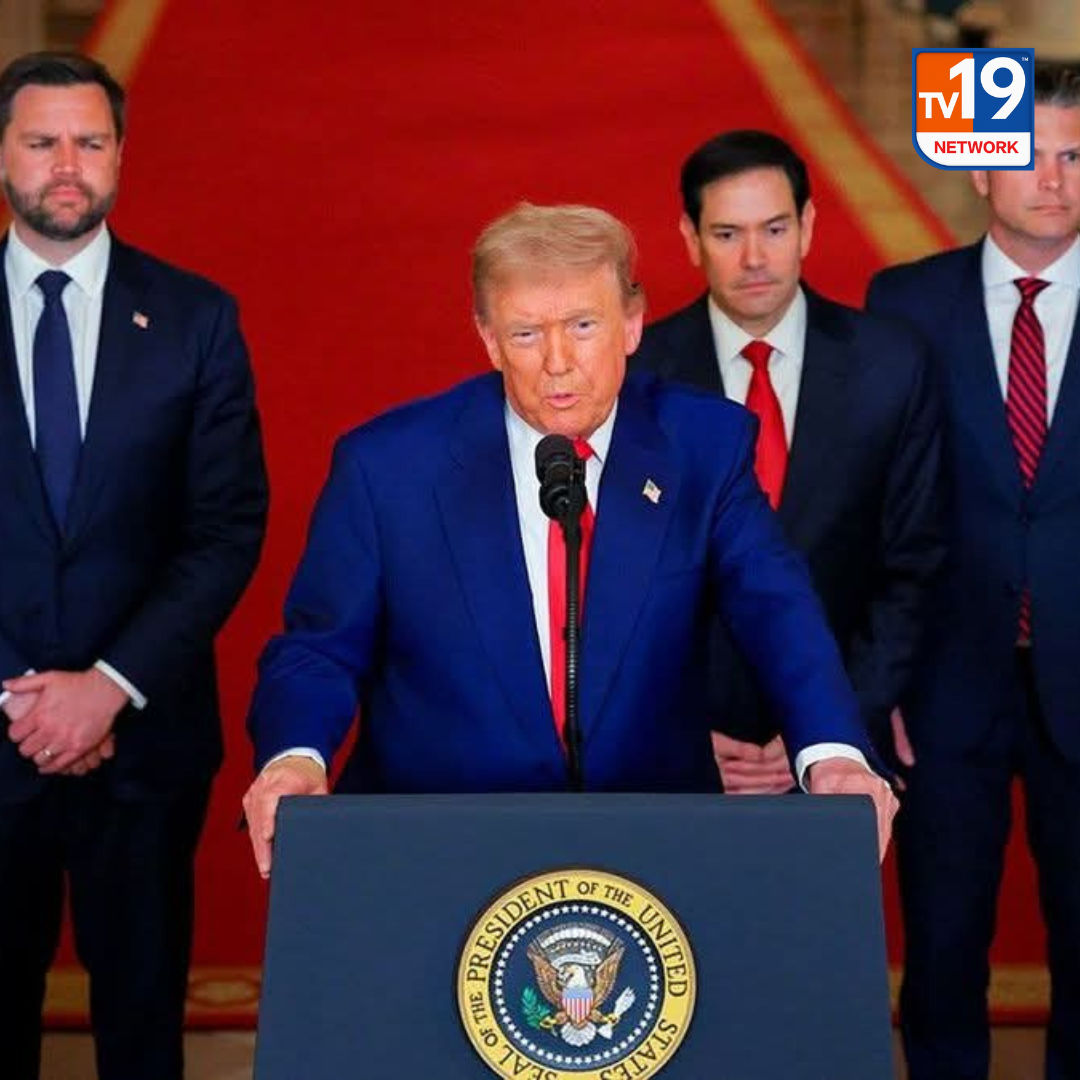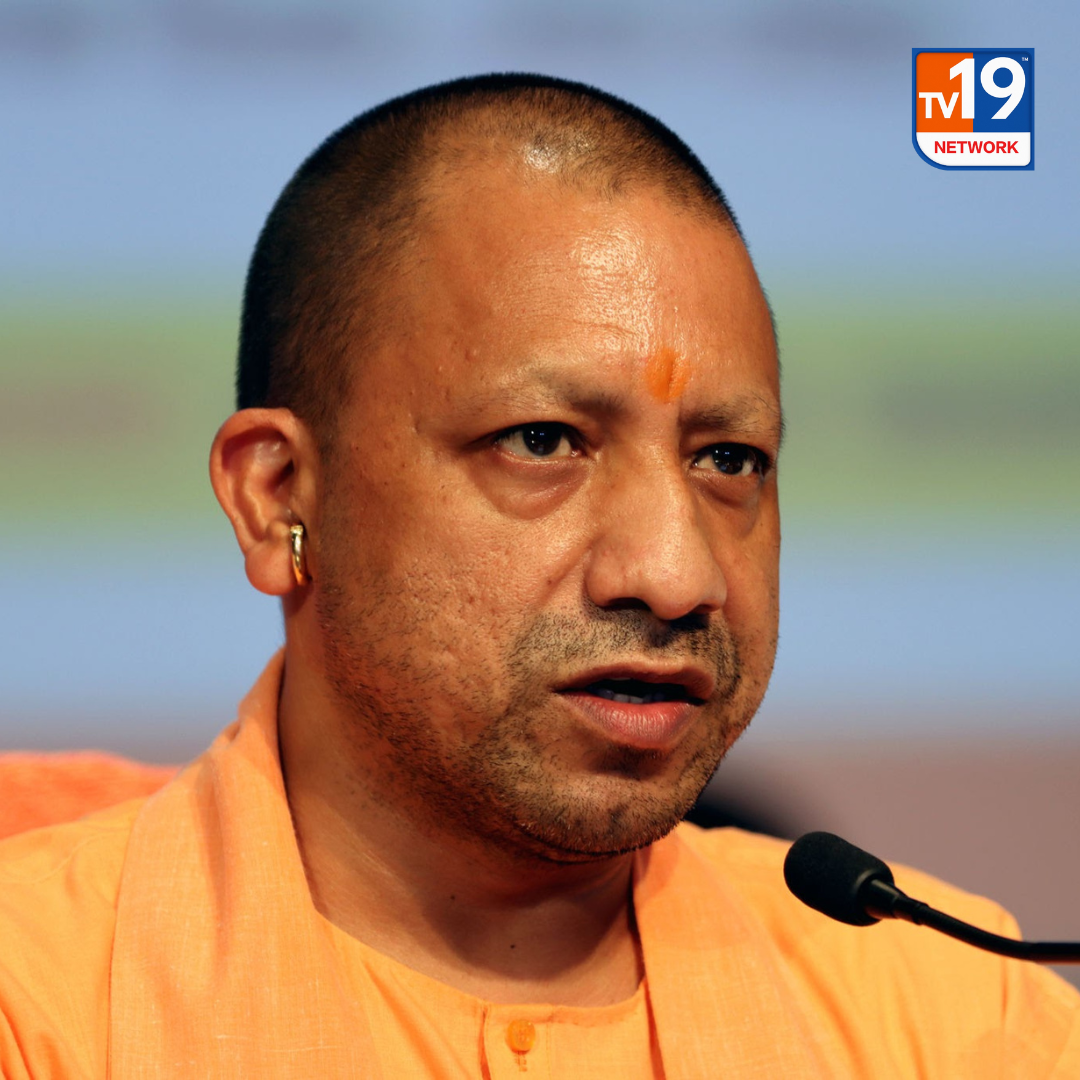Justin Trudeau Resigns: A Political Era Ends Amid Scandals and Regrets
Ottawa - On January 6, 2025, Justin Trudeau announced his resignation as Canada’s Prime Minister, ending nearly ten years in power. His decision follows declining approval ratings, economic challenges, and growing dissent within the Liberal Party.
Unfulfilled Promises: Trudeau’s Biggest Regret
In his farewell speech, Trudeau expressed regret over failing to deliver on a key 2015 campaign promise—electoral reform. This initiative, which aimed to introduce proportional representation, was derailed by party disagreements, leaving a significant gap in his legacy.
Scandals That Tarnished His Reputation
Trudeau’s tenure was overshadowed by controversies, including:
- The 2019 blackface scandal, which drew global criticism.
- Allegations of unethical governance and poor decision-making.
- Public backlash over his handling of the Freedom Convoy protests during the COVID-19 pandemic.
These incidents eroded public trust, contributing to his political decline.
Internal Party Struggles
The resignation of key figures like Finance Minister Chrystia Freeland exposed fractures within the Liberal Party. This internal dissent, coupled with economic challenges such as rising deficits and inflation, created an atmosphere of instability, prompting Trudeau’s departure.
What’s Next for the Liberal Party?
The Liberal Party now faces the critical task of selecting a new leader. Potential contenders include Chrystia Freeland and Mark Carney, a former Bank of England Governor. The choice will shape the party’s future as it prepares for the next election.
Canada at a Political Crossroads
Trudeau’s resignation marks the end of an era, leaving behind a mixed legacy of progressive policies and unmet promises. As Canada moves forward, the upcoming elections will play a decisive role in defining its political direction.





